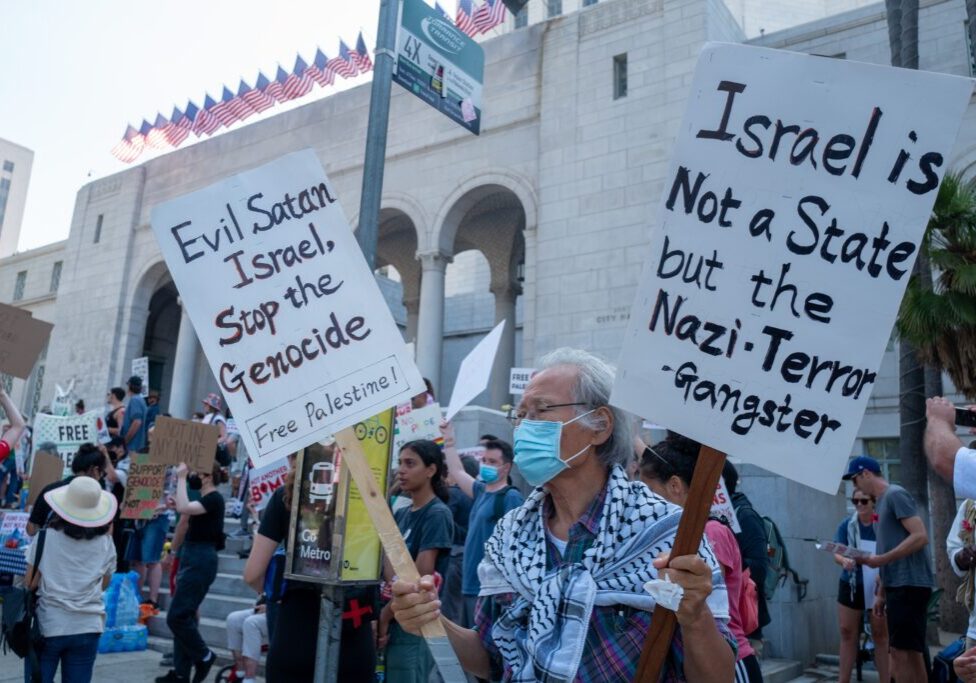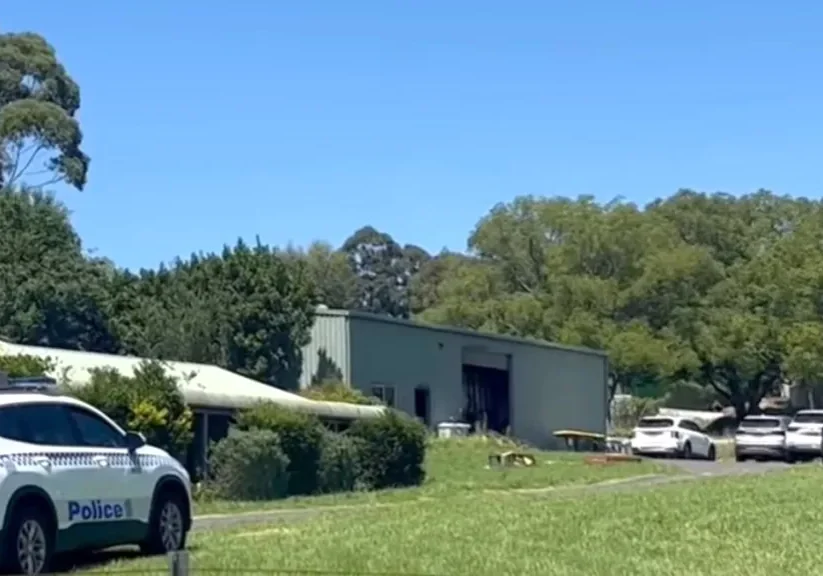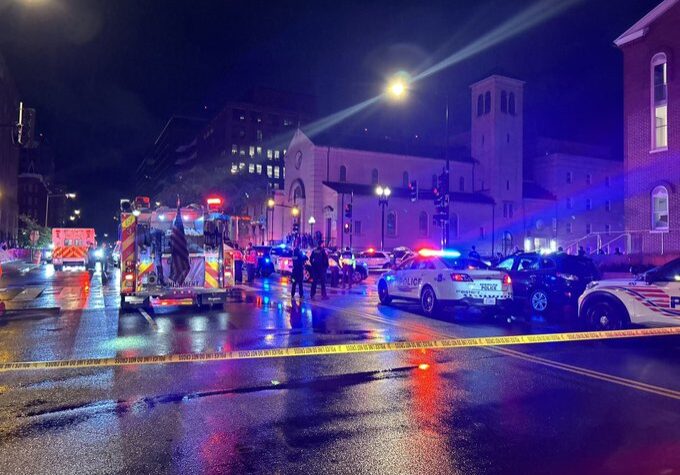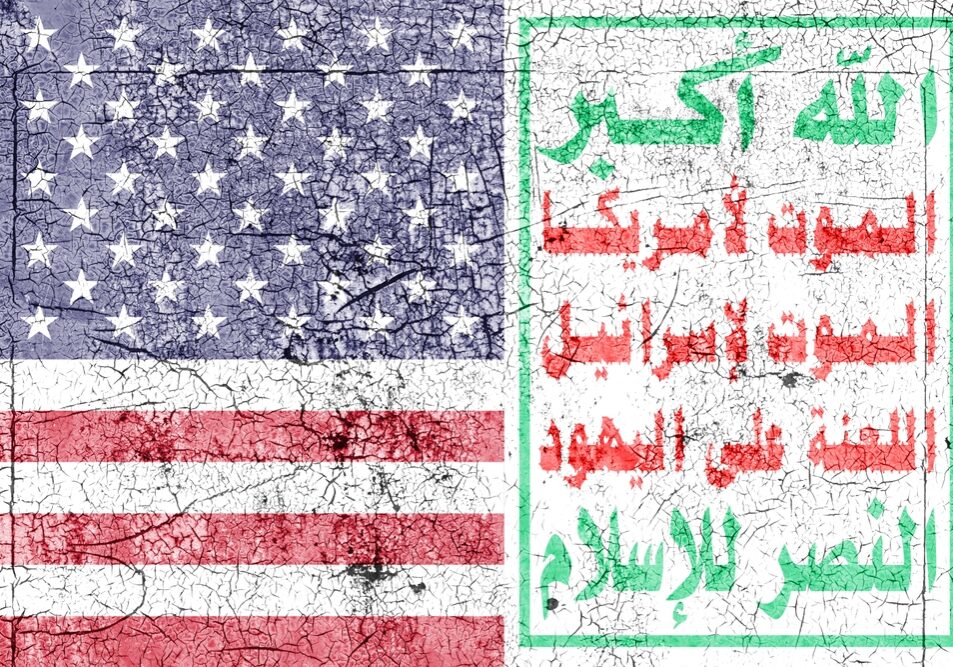Australia/Israel Review
Asia Watch: Talking Points
Sep 4, 2019 | Michael Shannon
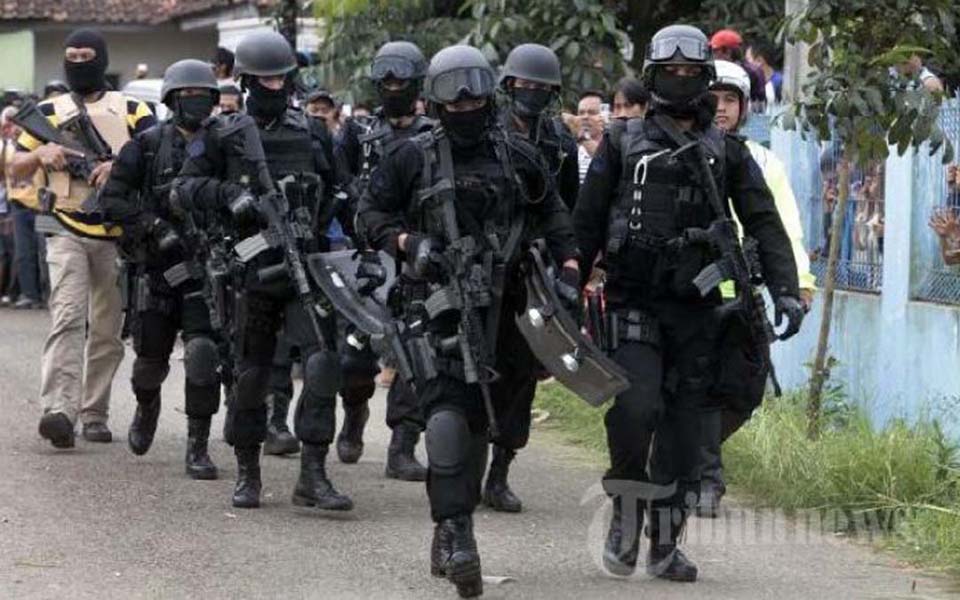
Indonesia’s struggle to combat Islamic extremist terrorism and the ideology that fuels it requires a multi-layered approach, encompassing military, law enforcement, political and religious/cultural spheres. As the threat evolves into new formations, so too must the countermeasures.
For instance, the Indonesian Armed Forces is moving ahead with the formation of an American-style Special Operations Command (KOOPSSUS) tasked with mounting operations against terrorist networks at home and abroad.
While the police counterterror unit Detachment 88 has so far done a capable job in capturing or killing more than 1,600 Islamic militants, the revised 2018 Anti-Terrorism Law mandated an expanded role for the military to combat non-traditional threats to national security.
Although President Joko Widodo (Jokowi) still must issue a regulation defining what it will do and how it will complement the work of Detachment 88 and the National Counter-Terrorism Agency (BNPT), as much as 80% of the new command’s operations will focus on surveillance. However, when called upon it will also be tasked to perform special operations that are beyond the capabilities of the police, both across Indonesia and abroad.
Thus far, the only time troops have been deployed in a counter-terror role at home has been against the East Indonesia Mujahadin, a small Islamic State-affiliated group which was effectively crushed in 2016 after holding out for years in the jungles of central Sulawesi.
BNPT head Suhardi Alius says the remnants of Islamic State are extending their sphere of influence in Southeast Asia’s local terrorist networks. Speaking to the United States-Indonesia Society in Washington, Suhardi said “the influence of ISIS remains an imminent threat, particularly those related to foreign terrorist fighter returnees and re-locators, including the so-called ‘frustrated travellers.’”
Indonesian security officials who visited Syria and Iraq in June said about 100 Indonesian men, women and children were languishing in several camps along the border between the two countries.
“The latest bombing in Surabaya showcased how a family was influenced by a foreign terrorist fighter returnee,” Suhardi continued, referring to the terror attacks in May last year in which two families carried out suicide bombings at three churches and a police station, killing 29 people, including 13 of the suspects who used their children as young as nine in carrying out the attacks.
Suhardi also said his agency had developed “soft” measures, including engaging members of the local community and former militants, in efforts to defeat radicalism. Such measures include providing support for two Islamic boarding schools established by former terrorists in North Sumatra and in East Java provinces, he said.
“If we counter radical ideology using violent means, it might seem that we’ve destroyed it, but actually it didn’t die and it could rekindle itself as new terrorist cells,” he said.
Meanwhile, a Jakarta-based think-tank says President Widodo needs to ensure that policies aimed at undermining extremism do not exacerbate the political polarisation so apparent during the recent election.
A report published by the Institute for Policy Analysis of Conflict (IPAC) argues that “The Jokowi Government’s decision to take a tougher line against extremism is welcome, but he needs to ensure that tactics used do not feed a new narrative of repression,” IPAC analyst Nava Nuraniyah said.
The IPAC report said police had come to a greater reliance on repressive tactics, including arrests and intimidation, unusually tight enforcement of rally permits and stepped up scrutiny of social media.
However, a presidential spokesperson defended the Government’s actions. “Law enforcement officers take action based on valid evidence and the due process, and we have an impartial judicial system,” Jaleswari Pramodhawardhani told BenarNews.
“In countering attempts by certain groups to undermine Pancasila [the state ideology], the government makes no compromises and has taken decisive steps including dissolving radical mass organisations through courts,” she said.
Another recent report, from the Setara Institute for Democracy and Peace, argued that Salafism and support for establishing a state ruled by Sharia law have strengthened among Muslim students at state-run universities in Indonesia. “This situation could potentially be a threat to Pancasila, democracy and the Unitary State of Indonesia,” Setara said.
The National Intelligence Agency said its 2017 survey showed that about 39% of Indonesian university students had been exposed to radical Islamic ideology and that many respondents indicated they would support making Indonesia an Islamic state.
Tags: Indonesia, Islamic Extremism, Terrorism

